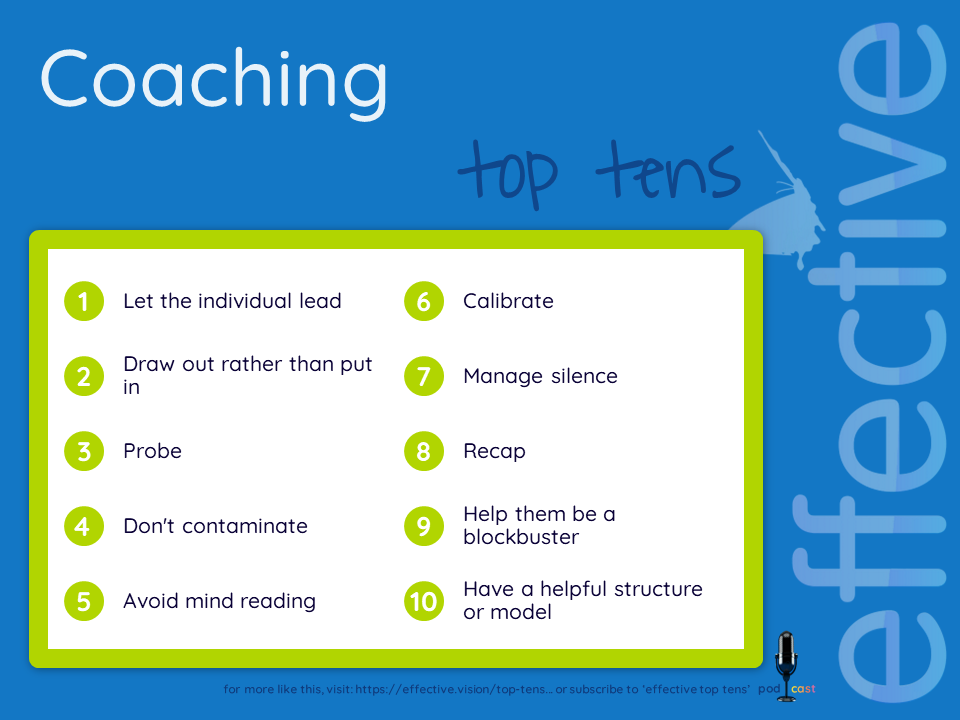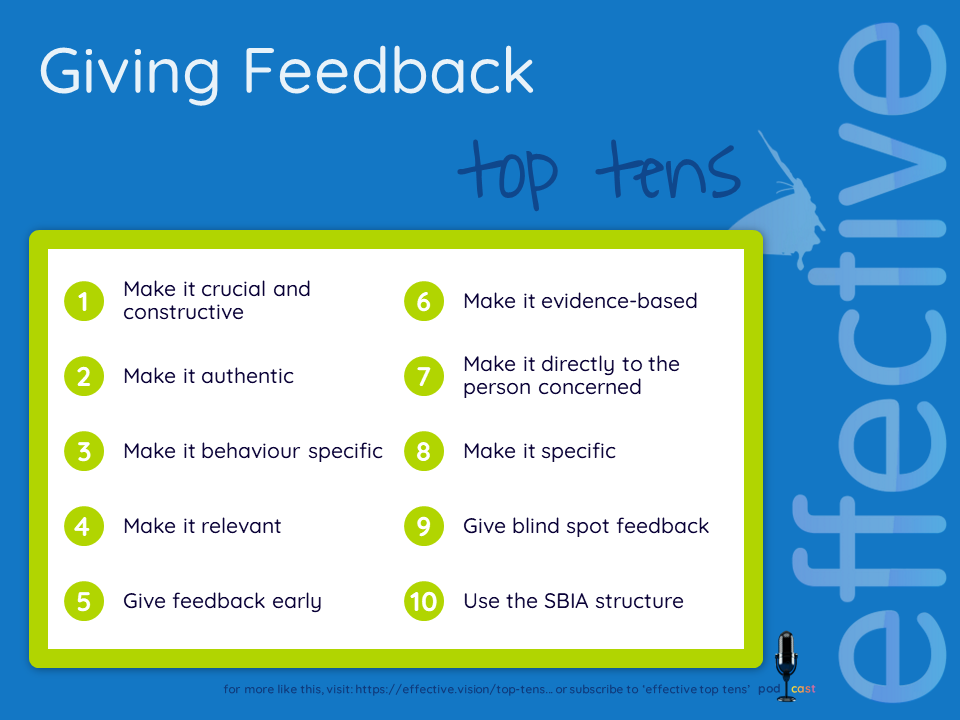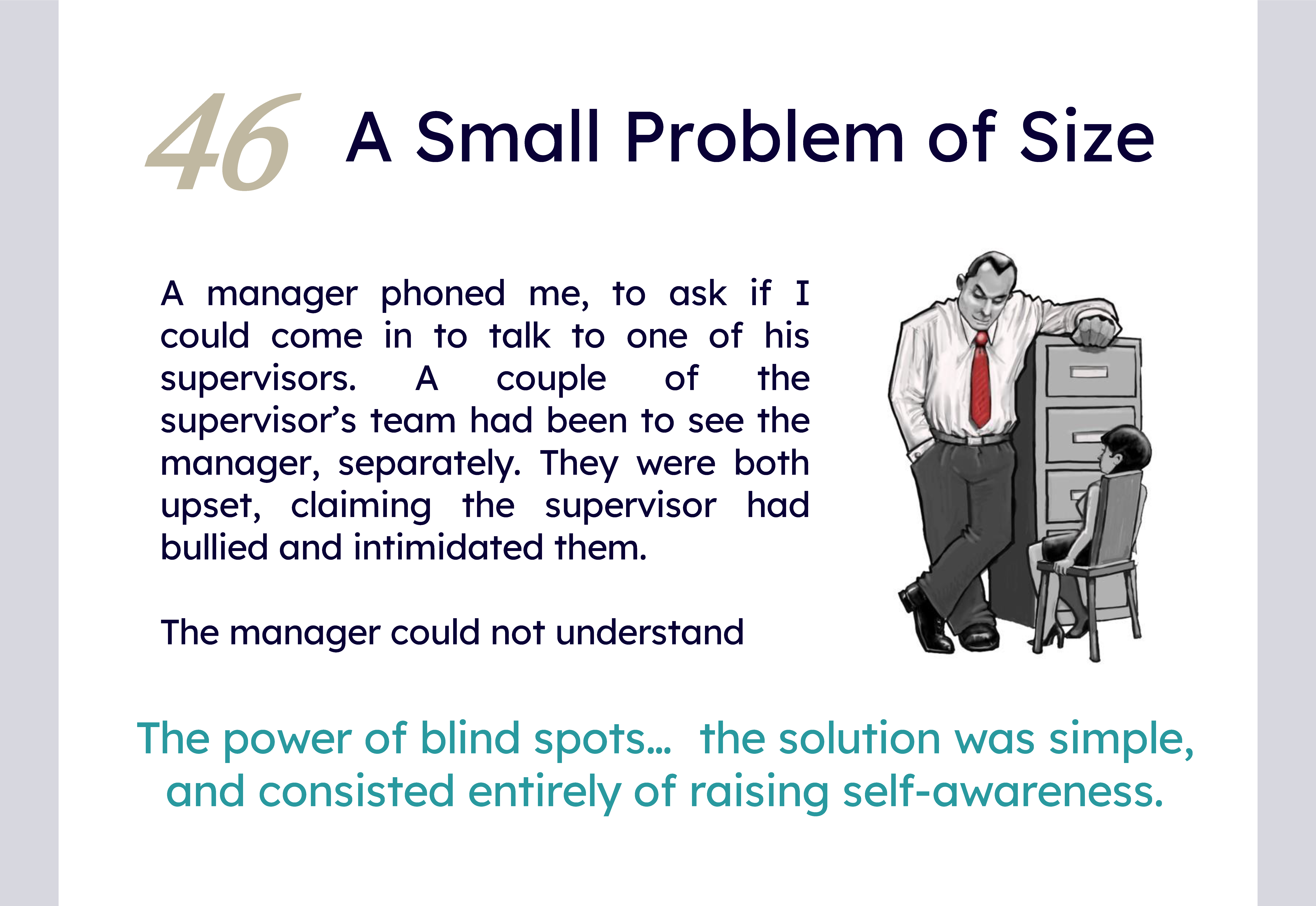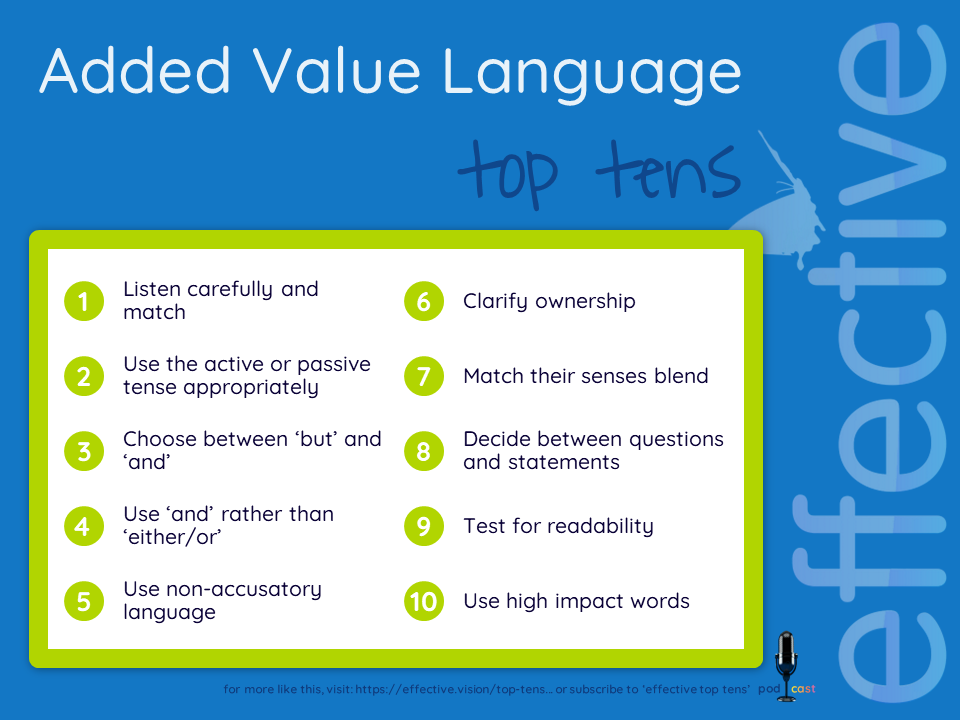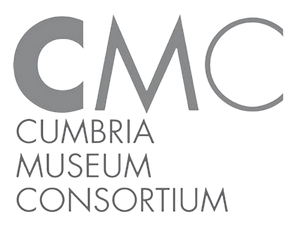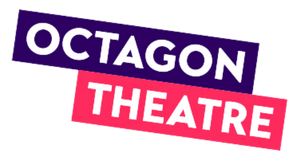Top Ten Tips on...
Coaching Skills
let the individual lead
that's essentially the heart of any coaching approach. The coach should be spending most of their time asking questions, listening to the answer and then following up. And it's useful right at the beginning to ask some very open, vague questions. So I would usually start a coaching conversation with how can I help or what would you like to talk about? When you ask an open question, it gives the individual, the maximum opportunity to focus on what they want to focus on.
coaching is about drawing out rather than putting in
throughout the coaching process, your job as coach is to bring out the ideas and thoughts and suggestions from the other person to get them to work through from issue to solution. So throughout the coaching process, it's about the individual, having ownership, working through what they think is important, working through their priorities, working through their ideas, working through their options and arriving at their solution.
probe
this is another essential component for any coach. Having asked your initial and quite open question, the key skill then is to follow up on that question and the answer to it by what we call drilling down. Suppose somebody said that in response to “how can I help you?” they may say, “well, I'm not very good with time management.” In truth time management covers a wide range of issues. It could be to do with prioritizing; it could be to do with dealing with interruptions; it could be to do with personal organisation and discipline. We don't know. So probe. For example, “So what specifically are you wanting to look at? What are the particular issues for you to do with time management? . Can you give me an example of how time management is a problem or an issue for you?”
don't contaminate
in any conversation, the coach and the individual, both have their thoughts, both have their background information, both have their ideas. And it's crucial for you as a coach, not to let your own thoughts and ideas leak out so that they influence the individual. That's what is meant by contamination, letting your own thoughts and ideas, suggestions, and opinions, influence the other person's thinking. So keep your own thoughts to yourself.
avoid mind reading
don't assume that from the individual’s generalised answer you can work out what the mean. Don't guess. Don't assume. Clarify, probe seek the answer or detail you need.
calibrate
when you start the conversation, you'll have an initial impression of the other person, how they look, how they sound, how they're behaving, and that's the initial starting point for your calibration. You're taking a benchmarking view of how the individual is. And then during the conversation, some of what you've seen might change. Their body language might change their posture. They may start gesturing. They may look more anxious or nervous or even upset. And all of these are possible indicators of something going on in the individual that might be worth exploring.
understand silence
quite often in a coaching conversation, the other person might go quiet. And I think there are four reasons for that, and each requires a separate response.
The four types are stuck silence, reflective silence, manipulative silence, and conditioned or cultural silence. Stuck silence means that the individual is stuck. The way the conversation has developed has left the individual stuck, and if that's the case, your job is to offer some help. The second is reflective silence. They're simply quiet because they're thinking. . So for a reflective silence, you need to give them that space, and stay quiet, or encourage them to take their time. The third silence is manipulative, which usually means that they want you to answer your own question. So as coach, you would need to recognize that they're perhaps looking for you to answer, so you need to clarify that that's not going to happen. The final type of silence, conditioned or cultural silence, is when the individual might simply have learned over time that they've been asked questions and not really been encouraged to come up with the answer. So the
best solution for that is to explain that you are genuinely looking for their views.
recap
Recapping what's being said shows that you've been listening, it checks for understanding and it helps you control the flow of the conversation.
be a blockbuster
many problems that the individual face faces arise from them hitting a barrier or block, which they need help in getting past or around. They often know what they want and why, and that it's an issue for them. They just don't know how to get past whatever it is that's stopping them, making progress. In this case your job is to ask sensible questions, to help them identify such blockages, generate their own ideas, to find their own solutions.
have a helpful structure or model
there are many such models, such as GROW. We have another podcast in which we describe and evaluate 10 such coaching models. You don’t have to use any particular model, and if you do, don’t become a slave to any model – it is useful as a preliminary starting point, and if it proves not to be helpful for the issue under discussion, then don’t force any conversation to fit the model….

Related courses & resources...
Giving & Receiving Feedback
Coaching Skills
The Power of Language
Top Ten Tips on...
Giving Feedback
Feedback, Performance & Workplace Relationships
'A Small Problem of Size'
Top Ten Tips on...
Added Value Language
Don't like to email?...
That's ok. We love to pick up the phone.
... Or you can message us on whatsapp.
We'd love to e-meet you... let’s go for a virtual coffee :)
For workshops and coaching sessions, you can check availability & book using the form below. Pay now online, or later by invoice - it's up to you.
